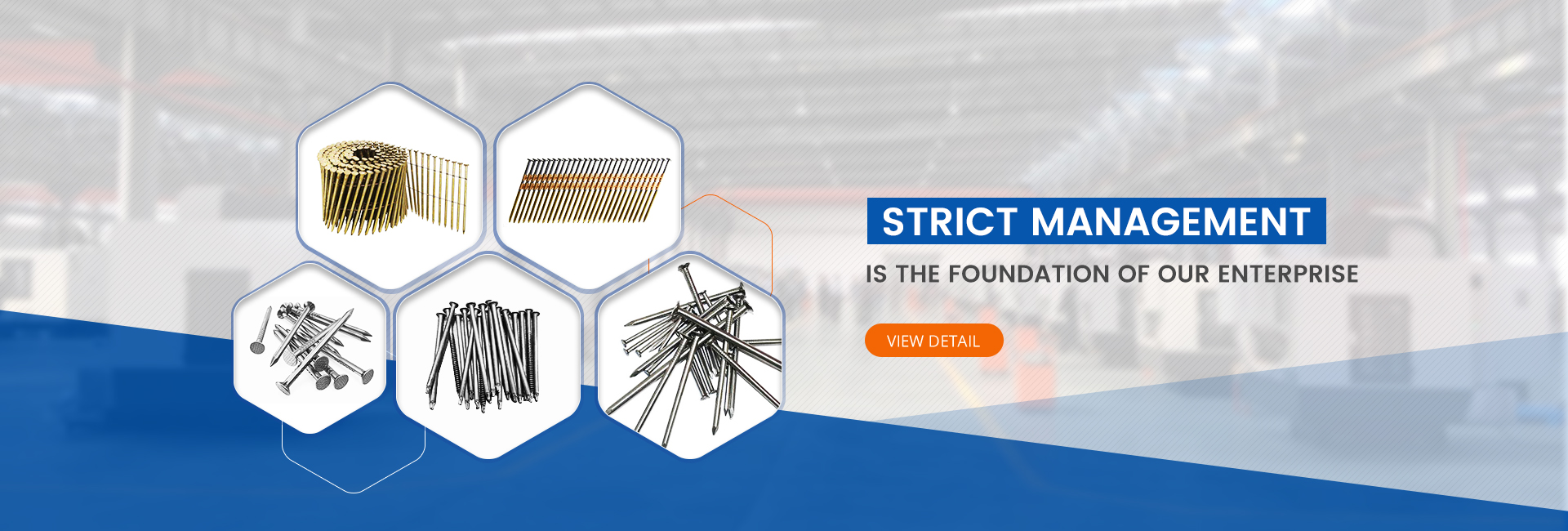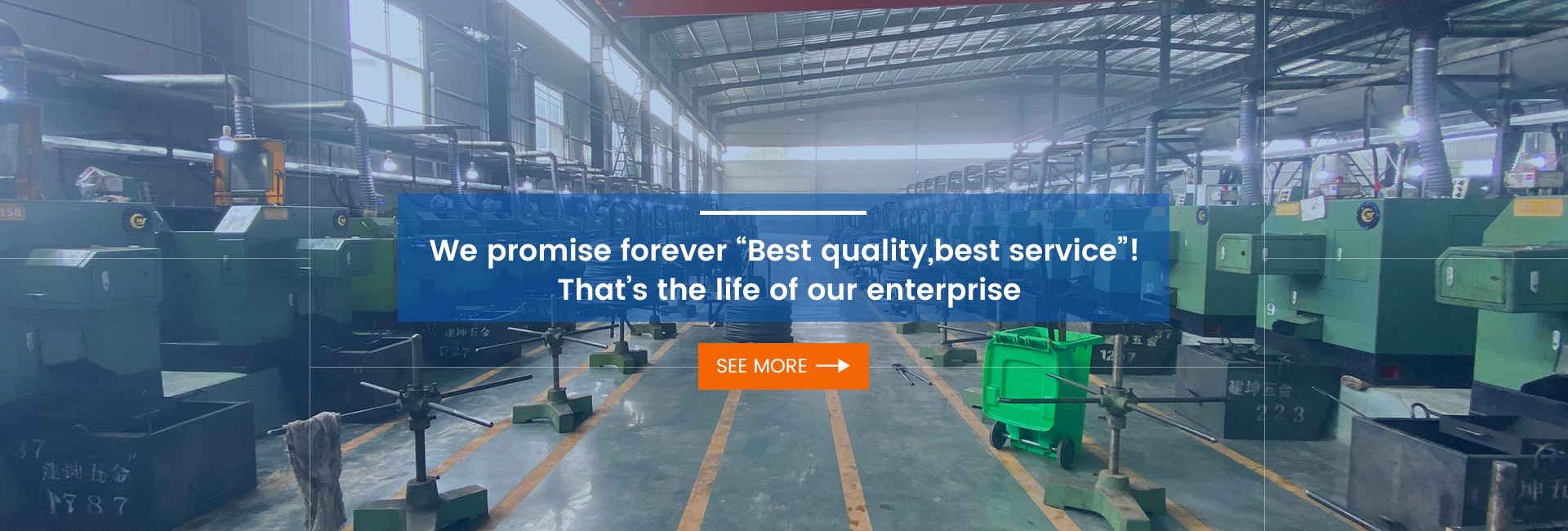The construction industry is constantly evolving, and so are the tools and materials that professionals rely on to get the job done. One such tool that has seen significant growth in demand and usage is the coil nail. As the construction and manufacturing industries advance, the shift toward more efficient and effective fastening systems has led to the increasing popularity of coil nails. This article will explore the current trends in the coil nail industry and how technological advancements and changing industry needs are shaping its future.
What Are Coil Nails?
Coil nails are a type of fastener that is wound onto a coil for use with pneumatic nail guns. Unlike traditional nails, coil nails come in a continuous strip, allowing for faster and more efficient nailing. These nails are used extensively in high-volume applications, such as framing, roofing, siding, and other large-scale construction tasks. Their design helps maximize productivity while reducing the need for manual labor.
Technological Advancements Driving Growth
One of the key factors driving the growth of the coil nail industry is the rapid development of technology, both in the manufacturing process and in the tools used to apply these fasteners. Pneumatic nail guns, for example, have become more powerful and precise, making it easier to drive coil nails into a variety of materials with minimal effort.
In addition, manufacturers of coil nails are constantly innovating to improve the materials and coatings used in their products. New materials, such as galvanized steel or stainless steel, offer increased durability and resistance to corrosion, making coil nails ideal for use in outdoor and high-moisture environments. Additionally, advancements in coating technologies, such as polymer and epoxy coatings, provide better protection for nails, further enhancing their reliability and performance.
Rising Demand for Coil Nails in High-Volume Construction
As construction projects become larger and more complex, the demand for efficient and cost-effective fastening solutions grows. Coil nails have proven to be essential for high-volume construction tasks, such as framing and roofing, where speed and precision are critical. The coil nail system significantly reduces the time spent reloading nails, allowing workers to focus on their tasks and increase overall productivity.
This demand is particularly strong in markets such as residential and commercial construction, where framing and roofing jobs are frequent. Builders and contractors are increasingly turning to coil nails for these applications because of their ability to streamline the construction process. The increased efficiency offered by coil nails translates into reduced labor costs, which is a major factor in the competitive construction industry.
Sustainability and Environmental Impact
Another growing trend in the coil nail industry is the increased focus on sustainability. With the construction industry being one of the largest contributors to environmental pollution, there is a growing push toward more sustainable practices. Coil nail manufacturers are responding to this trend by incorporating more eco-friendly materials and practices into their production processes.
For example, some manufacturers are using recycled steel in their coil nails, which helps reduce the environmental impact of raw material extraction and production. Additionally, advancements in coatings have led to the development of non-toxic, eco-friendly options that further reduce the environmental footprint of these fasteners.
The Future of the Coil Nail Industry
The future of the coil nail industry looks promising, with continued advancements in technology and growing demand across various sectors. As construction projects continue to scale up in size and complexity, the need for fast and reliable fastening systems will only increase. Coil nails are poised to play a critical role in meeting this demand, offering a solution that combines speed, efficiency, and durability.
Furthermore, the ongoing push for sustainability will likely drive further innovation in the materials and production methods used for coil nails. This will result in products that are not only more efficient but also more environmentally friendly, aligning with the growing trend toward sustainable construction practices.
Conclusion
Coil nails have become an essential part of the construction industry, and their importance is only expected to grow in the coming years. With technological advancements improving both the tools used to apply them and the materials used to make them, coil nails are set to remain a key player in construction and manufacturing. As the industry continues to demand greater efficiency and sustainability, coil nails are well-positioned to meet these needs, providing a solution that enhances both productivity and environmental responsibility.
Post time: Jun-26-2025



